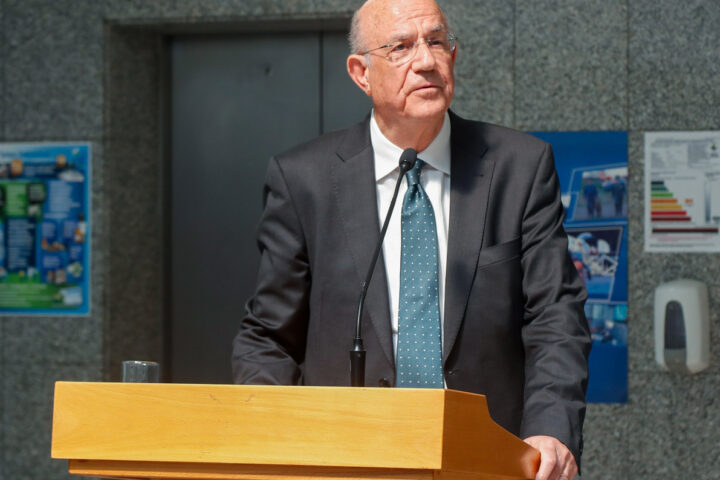DThe war in Ukraine and sanctions on invading Russia have been feeding an already brewing energy crisis, in ways that could not have been foreseen. However, environmentalists and consumer associations argue that consumers are firing at authorities for not turning greener faster.
In comments to the Financial Mirror, the Greens’ Party and the Cyprus Consumers’ Association argue that Cypriots are paying a hefty price for authorities’ inaction to go greener by adopting eco-friendlier policies.
Talking to the Financial Mirror, Greens’ chief and MP Charalambos Theopemptou said that consumers should prepare for more hikes in their electricity bills, as the Electricity Authority (EAC) is liable to pay €183 mln for greenhouse gas emission rights in 2022, 150% over the 2021 penalty.
He argued that the penalties paid by the authority are on authorities’ heads as they took no action to turn to greener energy sources.
“The emissions trading scheme started in the EU in 2005 and had a long-term design with planned changes that made it more stringent for those who pollute the atmosphere with greenhouse gases,” said Theopemptou.
“No government had done much, and as a result about 30% of the electricity bill now goes to the emissions allowance market and this is expected to increase steadily,” he argued.
The Greens’ MP added that another goal that Cyprus has failed to reach was to increase the use of renewable energy sources (RES) in its energy mix for transport to 10%.
“We just exceeded 6%” he noted.
Thus, the government and the authority will have to spend to buy emission credits, as he said.
The amount that is expected to be needed is not yet known, but in the past, there were reports that this would cost taxpayers more than €80 mln.
“We are keen to see where the government will find the money. The plane option would be to increase fuel taxation, but this would provoke strong reaction. So now they are thinking of imposing a ‘green’ tax on fuel, similar to the one imposed on electricity consumption to promote RES and energy savings,” he argued.
Disengage from fossil fuels
Theopemptou said that the authorities will need to move quickly to disengage Cyprus from its dependency on fossil fuels as changes promoted by the EU will push prices up even further.
“One of the changes we will have to push through is the “Fit for 55”, an EU action to cut down on 55% of emissions by 2030. This action will change the way fuel tax is calculated.”
Theopemptou explained that currently, the tax rate on fuel was based on its energy content. With the change, emissions emitted during a fuel’s use will be taxed.
“The end result will be an increase in taxation on fuels,” he argued.
“Of course, if we had a greener energy policy, we would have seen measures to reduce energy demand, a greater contribution of RES to energy production, a smart transmission and distribution network, smart meters, energy storage systems, proper urban planning, real public transport and much more,” concluded the MP.
Echoing the Greens’ concerns of rising energy prices, the Cyprus Consumers’ Association general secretary, Marios Drousiotis, said that inaction to meet European Union directives and goals has left consumers having to dig deep into their pockets.
He continued that the increase in petrol fuel prices, coupled with Cyprus’ dependency on fossil fuel for power production meant that electricity bills will also be inflated in the months to come.
“As an association, we estimate that 25% on bills sent out by the Electricity Authority of Cyprus could have been avoided if authorities had taken timely action to turn to greener solutions,” said Drousiotis.
The head of the consumers’ association recalled the EAC’s commitment to replace six steam turbines with newer eco-friendlier ones.
Under commitments made to the European Union, the Electricity Authority may have to pull the plug on six steam turbines at its Dhekelia power plant, reducing its ability to meet demand.
Drousiotis also argued that Cypriots are also paying an additional 10c a litre more than their fellow EU citizens for biofuels introduced to the mix.
“Biofuels were introduced in an attempt for Cyprus to meet its EU energy target of covering 10% of its energy needs for transport from RES,” he explained.










